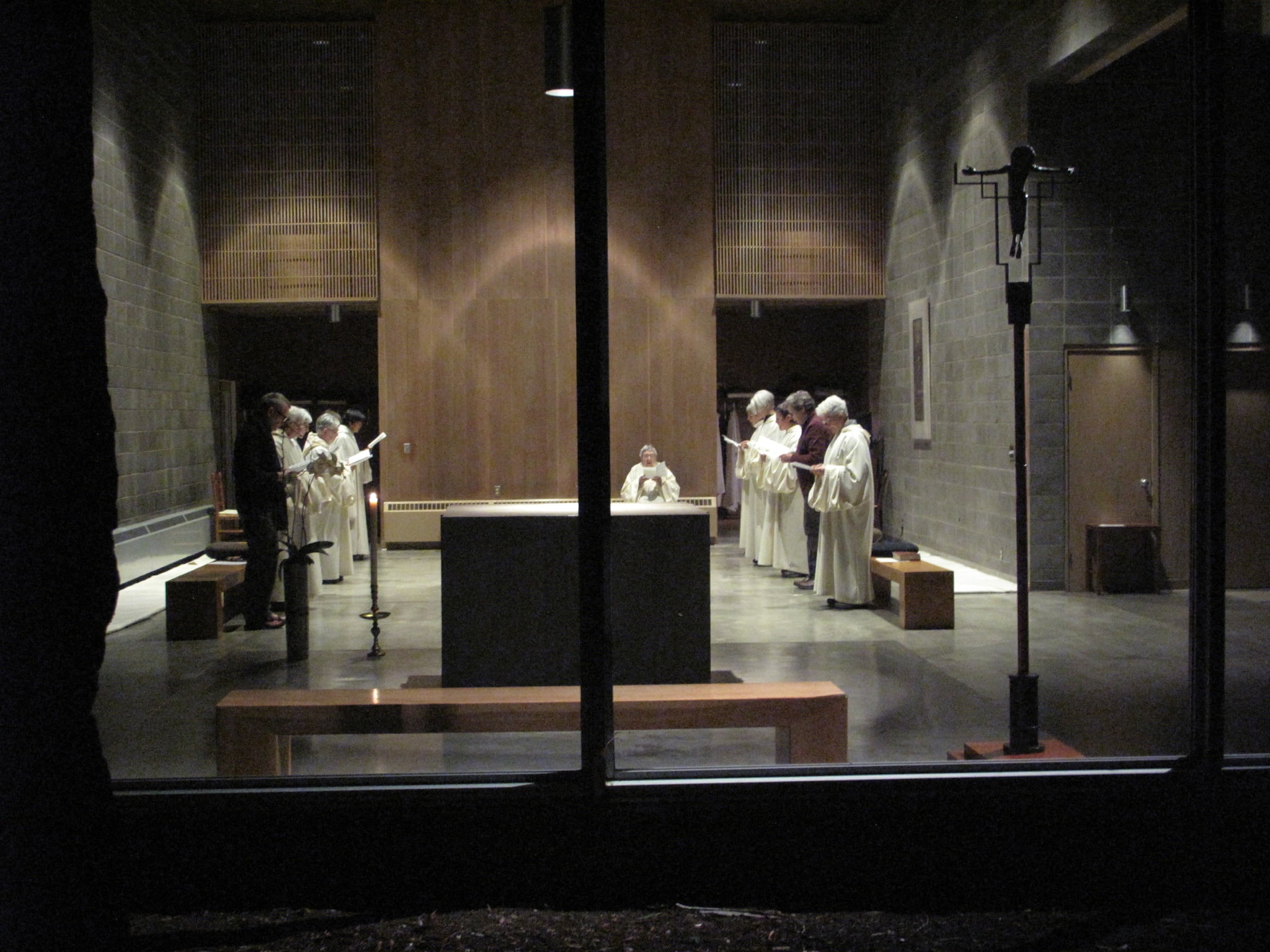Chapter Talk – 5th Sunday of Easter – May 19, 2019, cycle-C
“I am giving you a new commandment: Love one another. As I have loved you, so you too must love one another” (Jn 13:34). What is new about this commandment that Jesus left his disciples with and he leaves us with? We know the love of God was rooted in God’s covenant with his people: ‘My love for you will never leave you’ (Is 54:10), says the Lord. No matter what,God’s love endures, nothing can wipe it away…it pulsates in every cell of our being. Our hearts are stamped with God’s covenant of love. This Jesus knew and it shaped his whole ministry, including the proclamation that the ‘reign of God is here’. Again, I ask: What is new in this teaching of Jesus? We hear early on in Jesus’ teaching that ‘I have come not to abolish the law and the prophets but to complete them’ (Mt 5:17). What is being completed by these parting words of Jesus?
How far does Jesus’ love proclamation extend? Just to his ‘friends’? Just to the immediate Johannine community? Remember: these are Jesus’ parting words before he lays down his life. What if we parallel the command to love one anotherwith Jesus laying down his life? And who is he laying down his life for? As we read other passages from the gospel of John, itbecomes clear that it is for everyone. We read that Jesus has ‘come not to condemn the world but to save it’ (Jn 12:47). What is the basis for this wide extension of Jesus’ love? Jesus is bringing the fullness of God’s love…the love bestowed on him by his Abba, the all-inclusive, unrequited, unconditional love of God. There is no greater way to manifest this love than the love extended, incarnated toward one’s neighbor. Jesus is here for the salvation of the world. This salvation is summed up in the redeeming power of God’s love. God’s love was the motivating force for Jesus to lay down his life for all of us. Jesus’ words for expressing his love are perhaps best summarized in these words: ‘This is my body, this is my blood given for you’. These words now are universal and proclaimed daily at Mass….they resound with Divine love, compassion, mercy, forgiveness, openness to the most vulnerable and needy.
What is new? There are no conditions for to whom or to what this love includes: it is for everyone…it extends even to one’senemies….there is no retaliation when one is hurt by another…one suffers the hurt, turns the other cheek and through this gesture, transformation happens, transformation seen and not seen, for this transformation happens deep within the human heart and ripples far and wide into human consciousness. Raymond Brown in his commentary on this passage writes: “The command to love is Jesus’ way of ensuring the continuance of his spirit among his disciples” (The Gospel According to John, Anchor Bible, p.609). In Christ we are ‘to love to the end’ (Jn 13:1). Jesus’ spirit is manifested through our love for one another. This is how, more than not, we encounter the Risen One.
Jesus is departing from his disciples and in the words of Hans Urs von Balthasar: “Yet he gives them instruction about how to live so that, invisible, yet alive and effective, he might remain among them. His rule is utterly short and unambiguous: ‘Love one another, as I have loved you.’ He calls this ‘a new commandment’, because even though there were so many commandments in the Old Testament, this one could not be formulated because Jesus had not established the model for love of neighbor. Now one need only look at him to know how to carry out the single, all-sufficient commandment he gives” (Light of the Word, p.301-302). We are given a model for love of neighbor and this ‘model’, this paradigm is NEW…it issummed up in a love that does not strike back, it is unconditional and all forgiving. It is suffering the wrong doing for love’s sake, so that the love of God can continue to grow and deepen in the hearts of all people. ‘Loving one’s neighbor’ in the context of Jesus’ life is connected to the gift of his very self, given so that God’s love may grow and deepen throughout the world.
We have One who goes before us always…who shows us the way of loving ‘the other’. His spirit joins with our spirit through every act of loving the ‘other’ and especially in those situations where hurt and anger surround a relationship. It goes perhaps without saying that the main mode of functioning in our world is to strike back when hurt or attacked. If ever disciples were needed to incarnate Jesus’ spirit and his living Word of unconditional love, surely it is now. And this must begin firstwith each one of us and in our community, if we are to everextend it further in the larger circle of the life of the Church and world.


